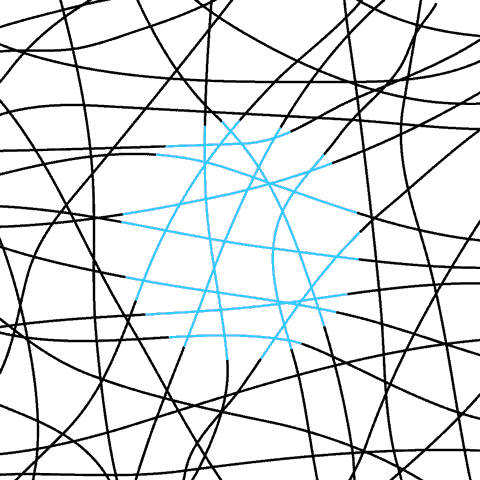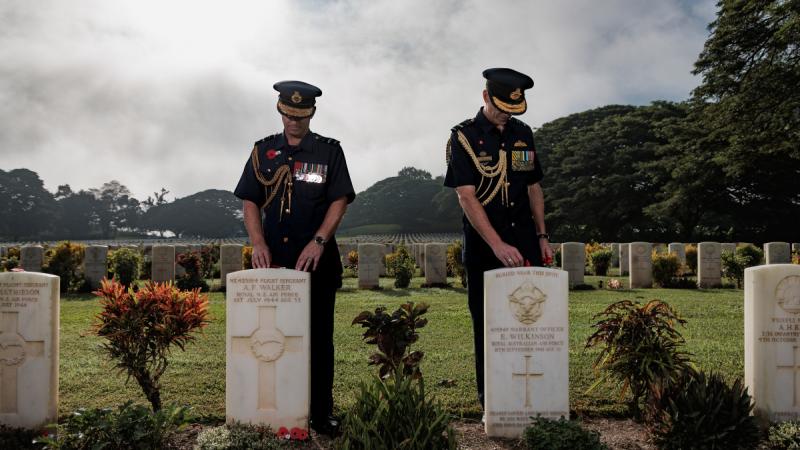Space Adventures, Inc. and the Translational Research Institute for Space Health (TRISH) at Baylor College of Medicine announced today that human health and performance research will be a part of Yusaku Maezawa’s spaceflight to the International Space Station (ISS) launching Dec. 8 from the Baikonur Cosmodrome in Kazakhstan.
The research, designed to increase the understanding of the impact of spaceflight on the human body, will be conducted by Yozo Hirano, a Japanese citizen who will be accompanying Maezawa on his flight. Important biomedical data will be collected before launch and upon Hirano’s return to Earth.
“I am excited to participate in this research as it will help scientists reduce health risks for future space explorers,” Hirano said.
“We thank Yozo for his participation in the TRISH research. Private spaceflight participants have an important role in space medicine as they often have a different health profile to professional astronauts. Our work in partnership with space medicine experts is enabling people with mild health conditions to launch to space thereby improving our collective knowledge of how the body reacts to gravitational forces and weightlessness,” said Tom Shelley, president of Space Adventures.
About the Mission:
Hirano will be joining Yusaku Maezawa on his journey to the ISS, arranged by Space Adventures and in partnership with Roscosmos. Hirano will be documenting Maezawa’s experience during the 12 day-long mission. The Japanese spaceflight participants are scheduled to launch on the Soyuz MS-20 commanded by Russian cosmonaut Alexander Misurkin from Baikonur Cosmodrome in Kazakhstan on Dec. 8. Their experience in space will be shared on Maezawa’s YouTube channel.
Increasing human health and performance research on commercial spaceflight is the goal of TRISH’s EXPAND (Enhancing eXploration Platforms and ANalog Definition) program, which collects pre-flight, in-flight, and post-flight health data and stores it in a centralized research database built by TrialX, which customized its existing software for space health research. Working with commercial spaceflight providers and its spaceflight participants and crew affords new opportunities to study the health and performance of space explorers, according to the NASA-funded research institute.
“The importance of having Mr. Hirano’s participation in the research for this mission cannot be overstated,” said Dr. Dorit Donoviel, TRISH executive director and professor of space medicine at Baylor. “The work we are doing to study the impact the human body faces in space will help future space explorers safely travel beyond Earth. TRISH is grateful for Mr. Hirano’s participation in this research to further human space exploration.”
Space Adventures and TRISH aim to broaden access to space biomedical research data. Anonymized data will be made accessible to researchers through an open data repository funded and overseen by TRISH at Baylor College of Medicine. Empowered by NASA’s Human Research Program, TRISH is a virtual institute that finds and funds disruptive and innovative science and medical technologies in order to reduce health and performance risks that space explorers face.
About the TRISH-sponsored research:
Before launch and after landing, the biomedical research aims include:
- Collection of research-grade ECG activity, movement, sleep, heart rate and rhythm, blood oxygen saturation.
- Performance of a series of tests in the cognition testing battery designed to assess changes in behavioral and cognitive performance. The cognitive test battery is used by astronauts in NASA-funded behavioral health research studies and is administered with the Joggle Research app (Pulsar Informatics Inc.) on an Apple iPad.
- Use of balance and perception tests pre-flight and post-flight to measure sensorimotor adaptation during changes of gravity. These tests are currently performed by U.S. astronauts before and after spaceflight.
- Use of PlenOptika’s portable auto-refractor QuickSee device pre-flight and post-flight to collect relevant vision data pertaining to sight, yielding a high-value data set for future vision research in space.
About Space Adventures







